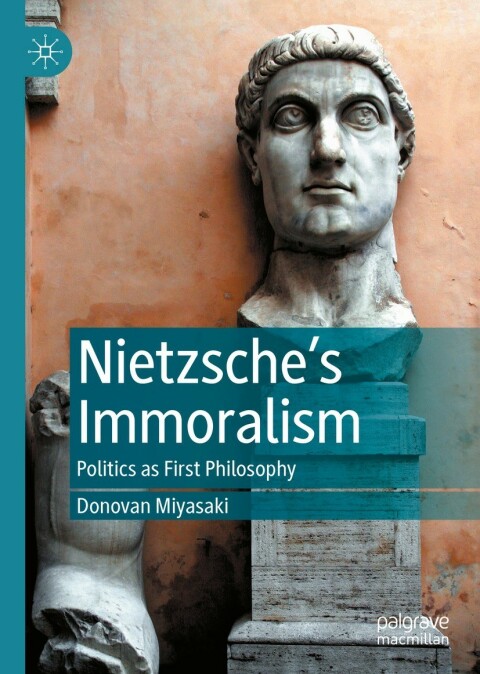Nietzsche’s Immoralism: Politics as First Philosophy 2nd Edition by Donovan Miyasaki 9783031113598 3031113594
$50.00 Original price was: $50.00.$25.00Current price is: $25.00.
Nietzsche’s Immoralism: Politics as First Philosophy 2nd Edition Donovan Miyasaki – Ebook Instant Download/Delivery ISBN(s): 9783031113598, 3031113594

Product details:
- ISBN 10: 3031113594
- ISBN 13: 9783031113598
- Author: Donovan Miyasaki
Nietzsche’s Immoralism begins a two-volume critical reconstruction of a socialist, democratic, and non-liberal Nietzschean politics. Nietzsche’s ideal of amor fati (love of fate) cannot be individually adopted because it is incompatible with deep freedom of agency. However, we can create its social conditions thanks to an underappreciated aspect of his will-to-power psychology. We are driven not toward domination and conquest but toward resistance, contest, and play—a heightened feeling of power provoked by equal challenges that enables the non-instrumental affirmation of suffering. This incompatibilist, anti-teleological psychology leads to Nietzsche’s distinctive immoralism: the abandonment of cultural means of human improvement for a historical materialist politics of breeding that produces future higher types through changes to our political order’s material conditions. Politics becomes first philosophy: it is not grounded in moral values but is instead the very source of their legitimacy. Moreover, despite Nietzsche’s professed aristocratism, his immoralism offers a stronger foundation for a renewed left, attacking conservative politics at its very root: the belief in moral order, authority, and responsibility.
Table contents:
1. Introduction
Part I
2. Aestheticism After Freedom
3. Immoralism: Against the Morality of Improvement
4. Amor Fati as the Criterion of Enhancement
5. Moral Naturalism or Naturalism Against Morality?
Part II
6. Politics After the Prejudice of Morality
7. Nietzsche’s Moral Philosophy as Disguised Political Philosophy
8. Conclusion: Immoralist Metapolitics and the Possibility of a Nietz
People also search:
friedrich nietzsche politics
german philosopher friedrich nietzsche on morality
nietzsche’s moral and political philosophy
immoralist philosophy
nietzsche and politics
You may also like…
Politics & Philosophy - Renaissance & Modern Philosophy
Business & Economics
The Philosophy of As If 2nd Edition by Hans Vaihinger 9781000385885 1000385884
Politics & Philosophy - European & American Philosophy
Uncategorized
Romance - Contemporary Romance
Politics & Philosophy - Anthropology
Religion & Spirituality
Politics & Philosophy - Philosophical Positions & Movements
Politics After Morality: Toward a Nietzschean Left 2nd Edition Donovan Miyasaki












